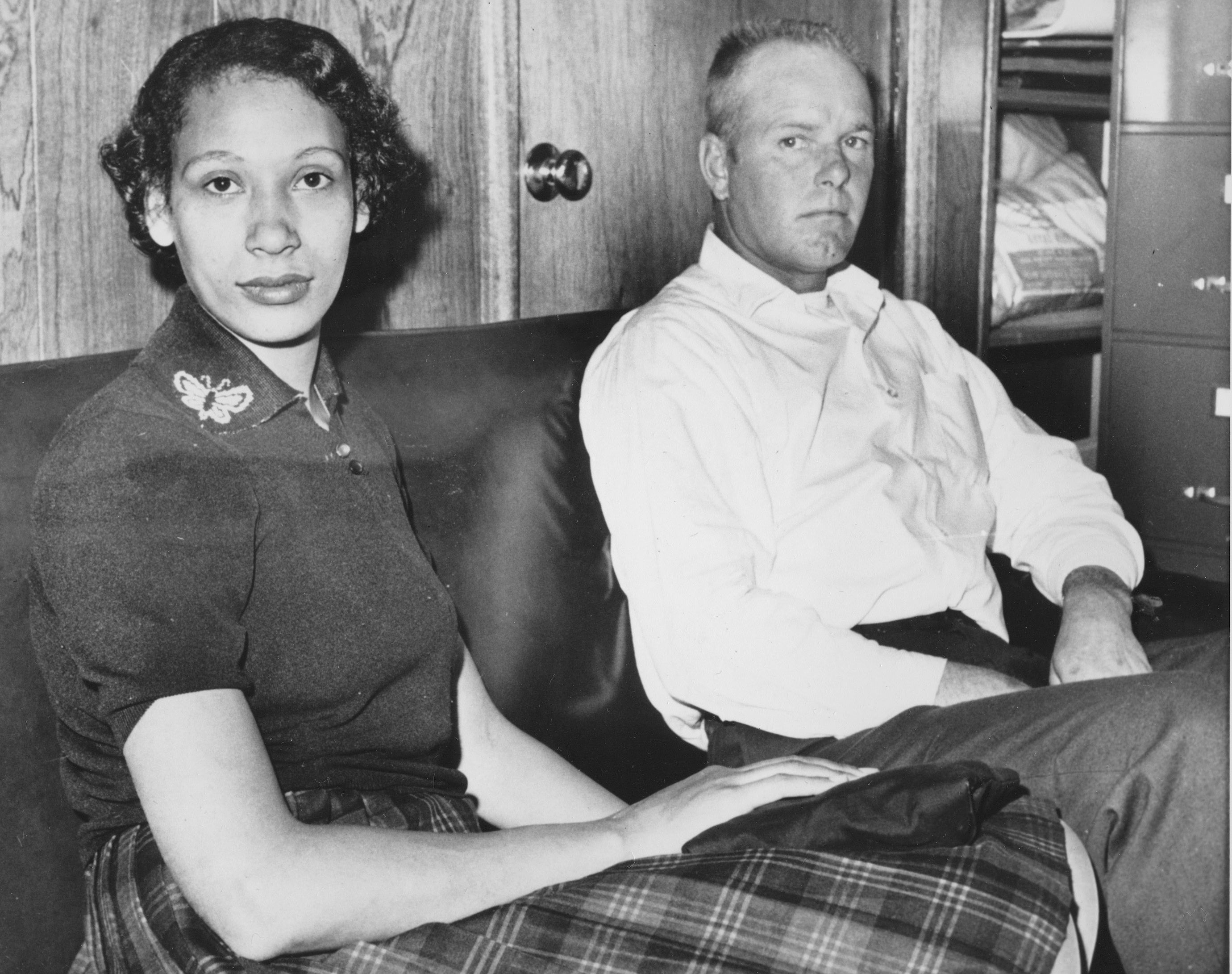Bernard Cohen, lawyer who took on mixed marriage laws, dies
A lawyer who successfully challenged a Virginia law banning interracial marriage and later went on to a successful political career as a state legislator has died

Your support helps us to tell the story
From reproductive rights to climate change to Big Tech, The Independent is on the ground when the story is developing. Whether it's investigating the financials of Elon Musk's pro-Trump PAC or producing our latest documentary, 'The A Word', which shines a light on the American women fighting for reproductive rights, we know how important it is to parse out the facts from the messaging.
At such a critical moment in US history, we need reporters on the ground. Your donation allows us to keep sending journalists to speak to both sides of the story.
The Independent is trusted by Americans across the entire political spectrum. And unlike many other quality news outlets, we choose not to lock Americans out of our reporting and analysis with paywalls. We believe quality journalism should be available to everyone, paid for by those who can afford it.
Your support makes all the difference.Bernard S. Cohen, who successfully pursued a landmark legal challenge to a Virginia law banning interracial marriage and later went on to a successful political career as a state legislator, has died. He was 86.
Cohen and legal colleague Phil Hirschkop represented Richard and Mildred Loving, a white man and Black woman who were convicted in 1959 of illegally cohabiting as man and wife and ordered to leave Virginia for 25 years.
Cohen and Hirschkop represented the Lovings as they sought to have their conviction overturned. It resulted in the unanimous 1967 Loving v. Virginia ruling which declared anti-miscegenation laws unconstitutional.
Cohen died Monday of complications from Parkinson's disease at his home in Fredericksburg, said his son, Bennett Cohen.
Bernard Cohen had a great sense of humor and liked to ride motorcycles and fly planes, his son said.
“He was a bit of a risk taker, and I guess that's in line with the risks he took in his younger professional life,” Bennett Cohen said.
Bernard Cohen and Hirschkop were ACLU volunteer attorneys only a few years out of law school when they took on the case. Mildred Loving was referred to the ACLU by then-Attorney General Robert Kennedy, to whom she had written seeking assistance.
“We would pinch ourselves and say, ‘Do we realize what we’re doing?' We're handling one of the most important constitutional law cases ever to come before the court," Cohen said in a documentary about the case that aired on HBO in 2012.
The biggest challenge, Cohen always said of the case, was not the Supreme Court argument, but getting the case back in state court so it could be appealed.
After devising a strategy to do so, the judge who sentenced the Lovings roundly rejected the request to set aside the conviction, giving the lawyers a ruling that could be appealed.
“Almighty God created the races white, black, yellow, Malay and red, and he placed them on separate continents, and but for the interference with His arrangement there would be no cause for such marriages,” the judge wrote in upholding the sentence. "The fact that He separated the races shows that He did not intend for the races to mix.”
Cohen continued a legal career, but also veered into politics. He was elected to the House of Delegates in Virginia in 1979 representing the Alexandria area, and served eight terms.
“Bernie always had a strong interest in politics. He always wanted to run for Congress. He was a very successful senior delegate,” Hirschkop said in a phone interview. “He was much more interested in politics than law.”
During a 16-year career in the state House of Delegates, Cohen ran as “an unabashed liberal” and reveled in introducing controversial legislation. In 1983, he sponsored a resolution in favor of a nuclear freeze that won passage in the House but stalled in the Senate after a Reagan administration official testified against it. Cohen blamed the defeat on “kooks in the defense Department.”
He successfully advocated legislation banning smoking in public places in an era when the tobacco industry was a political powerhouse in Richmond.
His advocacy on behalf of the Lovings rarely came up in news accounts of his political campaigns.
Bennett Cohen said his sense was that the civil rights cases of the 1960s weren’t on people’s immediate minds in the ’80s and ’90s, when his father was active in politics. The Loving case, though, had a huge resurgence in public interest in the last decade, in part driven by the documentary and the 2016 Hollywood feature film “Loving,” but even more so by the parallels people saw between the Loving case and the debate over same-sex marriages.
Bennett Cohen noted that on Monday, the day his dad died, vice presidential nominee Kamala Harris talked about the Loving case during the Supreme Court confirmation hearings for Amy Coney Barrett.